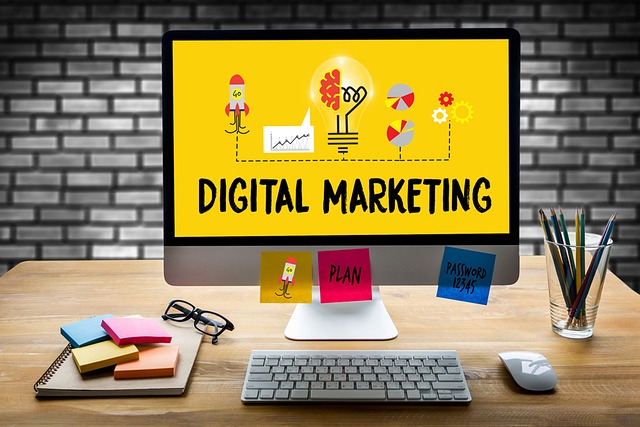The Realm of Email Marketing: A Comprehensive Dive
In today’s hyper-connected digital world, email marketing reigns supreme as a vital tool for businesses to engage with their audiences. With its ability to reach vast segments of the population, nurture relationships, and drive revenue, email marketing has become an indispensable component of any successful digital marketing strategy.
Email’s Digital Genesis
The roots of email can be traced back to the early days of the internet in the 1970s. However, it wasn’t until the mid-1990s, with the advent of web-based email services like Hotmail, that email became widely accessible. This surge in email adoption laid the foundation for the email marketing industry we know today.
The Revolution Unfolds
In the late 1990s and early 2000s, the email marketing landscape began to evolve rapidly. The introduction of email marketing platforms, such as MailChimp and Constant Contact, streamlined the process of sending mass emails and allowed businesses to track and analyze their campaigns. This led to a surge in the adoption of email marketing by businesses of all sizes.
Contemporary Trends and Innovations
In recent years, email marketing has continued to evolve and innovate. Some of the key trends shaping the industry today include:
- Personalization: Tailoring emails to individual subscribers based on their preferences and behavior.
- Automation: Using software to automate tasks such as sending welcome emails and nurturing campaigns.
- Mobile Optimization: Designing emails that are easily readable and engaging on mobile devices.
- Artificial Intelligence (AI): Leveraging AI for tasks like subject line optimization and email content generation.
Challenging the Obstacles
Despite its widespread adoption, email marketing also faces challenges:
- Spam Filters: Getting emails delivered to subscribers’ inboxes instead of spam folders.
- Design Constraints: Creating emails that are visually appealing and compliant with different email clients.
- Data Security: Protecting subscriber data from leaks and breaches.
Innovative Solutions
To overcome these challenges, email marketers have developed innovative solutions:
- Spam Filter Avoidance Techniques: Employing techniques to avoid email content and sender reputation triggers that can lead to spam filtering.
- Responsive Email Design: Using HTML code to ensure emails render correctly on various devices and email clients.
- Encryption and Data Protection Measures: Implementing security protocols to safeguard subscriber information.
Case Studies: Real-World Successes
Numerous businesses have achieved remarkable results through email marketing:
- Lakeland’s Email Marketing Transformation: Lakeland, the homegrown Florida-based retailer, revolutionized its email marketing strategy, leading to a significant increase in customer engagement and revenue.
- Nordstrom’s Personalized Campaigns: The fashion retailer Nordstrom implemented a highly personalized email program that resulted in a 20% increase in email revenue.
- Airbnb’s Nurturing Sequences: Airbnb’s automated email sequences effectively nurtured potential guests, leading to a 25% increase in bookings.
Best Practices for Success
To maximize the impact of email marketing campaigns, follow these best practices:
- Define Your Goals: Clearly outline the objectives you want to achieve with your campaigns.
- Segment Your Audience: Divide your subscribers into specific groups to tailor your messaging and improve engagement.
- Create Compelling Content: Craft emails that are informative, engaging, and visually appealing.
- Optimize for Mobile: Ensure your emails are easy to read and navigate on smartphones and tablets.
- Test and Track Your Results: Continuously test different elements of your campaigns and track their performance to identify areas for improvement.
The Future of Email Marketing
Email marketing is a constantly evolving field. Future trends include:
- Advanced AI Integration: AI-powered tools will personalize email experiences and deliver hyper-targeted messaging.
- Interactive Emails: Emails will become more dynamic, incorporating interactive elements such as videos, polls, and quizzes.
- Increased Focus on Privacy: Email marketers will need to prioritize data privacy and compliance with regulations.
Expansive Summary
Email marketing has evolved into an indispensable tool for businesses, offering a direct and cost-effective way to connect with their audiences. From its humble beginnings in the 1970s to the sophisticated platforms of today, email marketing has continuously adapted to meet the demands of the changing digital landscape. As the industry continues to innovate, email marketing will remain a vital channel for businesses to engage, nurture, and convert their customers.
Contents
